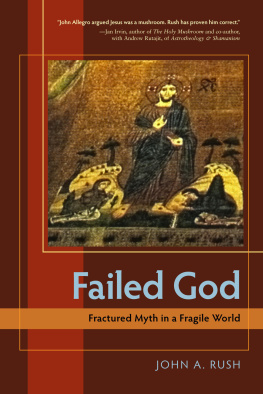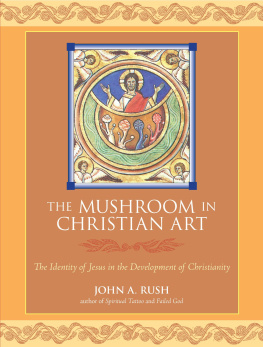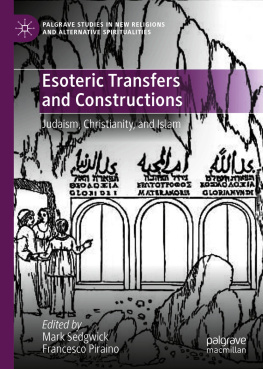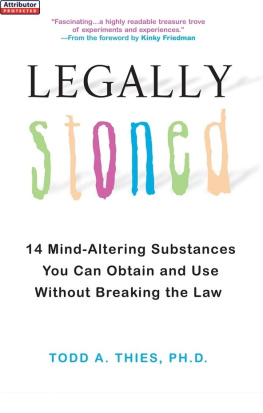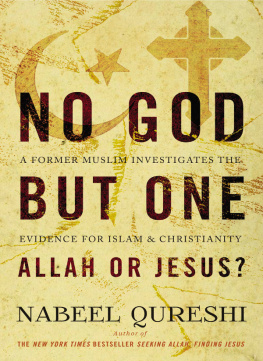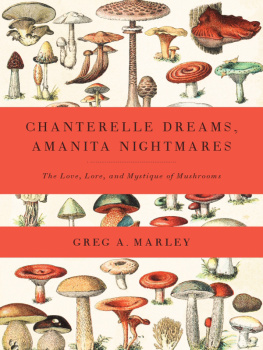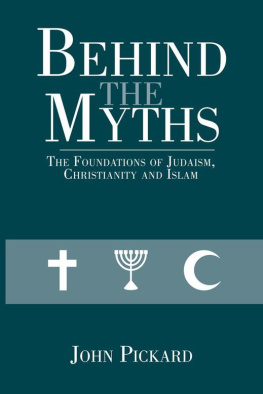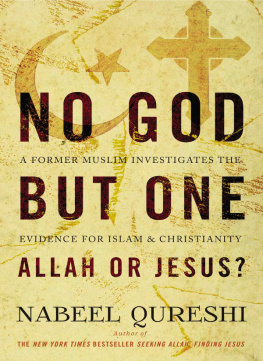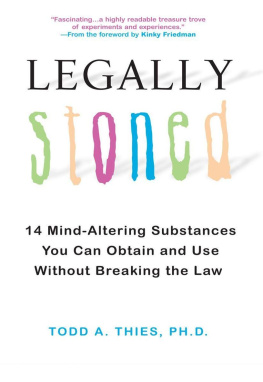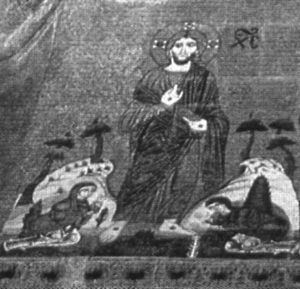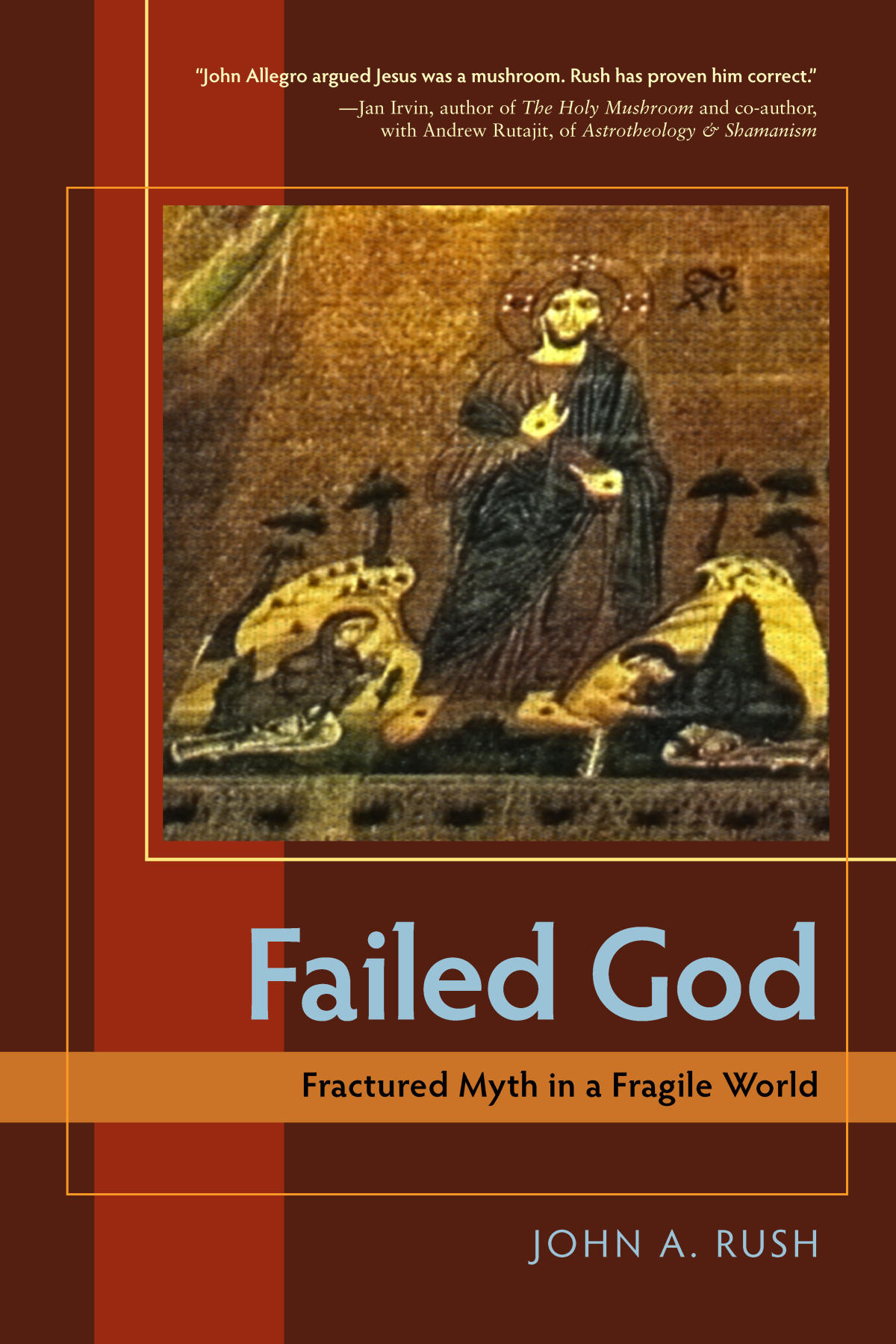
Failed God
Also by JOHN A. RUSH
Spiritual Tattoo: A Cultural History of Tattooing, Piercing, Scarification, Branding, and Implants
The Twelve Gates: A Spiritual Passage through the Egyptian Books of the Dead
Failed God
Fractured Myth in a Fragile World
John A. Rush

Frog Books
Berkeley, California
Copyright 2008 by John A. Rush. All rights reserved. No portion of this book, except for brief review, may be reproduced, stored in a retrieval system, or transmitted in any form or by any meanselectronic, mechanical, photocopying, recording, or otherwisewithout the written permission of the publisher. For information contact North Atlantic Books.
Published by Frog Books
Frog Books publications are distributed by
North Atlantic Books
P.O. Box 12327
Berkeley, California 94712
Cover photography by John A. Rush
Cover design by Suzanne Albertson
Failed God: Fractured Myth in a Fragile World is sponsored by the Society for the Study of Native Arts and Sciences, a nonprofit educational corporation whose goals are to develop an educational and cross-cultural perspective linking various scientific, social, and artistic fields; to nurture a holistic view of arts, sciences, humanities, and healing; and to publish and distribute literature on the relationship of mind, body, and nature.
e-ISBN: 978-1-62317-458-3
North Atlantic Books publications are available through most bookstores. For further information, call 800-733-3000 or visit our website at www.northatlanticbooks.com.
Library of Congress Cataloging-in-Publication Data
Rush, John A.
Failed God : fractured myth in a fragile world / John A. Rush.
p. cm.
Includes bibliographical references and index.
Summary: Presents idea that the three major world religions developed through the use of mind-altering drugs. Examines each religion individually, concluding that beneath each lies an irrational system that is incongruent with todays worldProvided by publisher.
ISBN 978-1-58394-274-1 (alk. paper)
1. Psychotropic drugs. 2. Religion. 3. Religions. 4. Judaism. 5. Christianity. 6. Islam. I. Title.
BL65.D7R87 2008
200dc22 2008032974
TABLE OF CONTENTS
H umanity has always existed in troubled times; there has always been a challenge. In the process of evolution we opted for brains, not brawn, for coping with or overcoming what nature tossed our way. We developed big brains with a type of consciousness that allows us to be part of nature yet step back, observe, imagine, and ask What if? and How come? Without this ability to imagine beyond the moment, our kind, like all other animals, would passively accept what nature provides and our existence would be no different from that of chimpanzees.
All of us are equipped with imagination; we can think things that no one has ever thought before. This leads to an unexpected problem and that is keeping people on the same page of imagination for some communal effort. This is where storytelling and myth come in, as it is through our stories that we curb creative anarchy and settle for a group myth, providing reference points and expectations through ritual.
Studied at a distance, biblical scholars, Middle Eastern historians, and others understand the Bible and Quran by examining the stories in conjunction with social circumstances (famine, war, plagues, technology, etc.), and what we know about behaviors and beliefs. What we select as focal points for explaining history and our current circumstances varies from author to author, some looking at technology, others at warfare, and still others analyzing myth and various art forms. And, naturally, each author believes his position as perhaps most significant, because that is what he or she knows or hears from experts, and feels competent to share with others. In the process of selecting a point of view or a model for explaining, we often neglect that which appears insignificant, and do not notice it or cannot comprehend it (perhaps out of political correctness). If I, for example, tried to discuss ancient warfare without including politics, economics, or the motives of warring tribes, the why of events would be unanswerable, outside of saying humans are violent. A conscious or subconscious ordering of symbols (thought) precedes human action, with these symbols and thoughts being the product of combined experiences. Action flows from this in terms of what we think and believe, as beliefs structure behaviors.
The reader will agree that what we call religionfor example, Judaism, Christianity, and Islammatured from beliefs about experiences and the experiences of others a long, long time ago, in a different place, under different circumstances. Keep in mind that these traditions, their beliefs and experiences, emerged within an entirely different culture than the one Westerners experience today.
The reader would also concur that our experiences of the world come to us through information presented and how we interpret it, for all people can look at the moon and see something different. Also, when you are in a good mood, the world is experienced much differently than when you are in a bad mood. Behavior, then, is very complex, but our behaviors are directly related to what we believe about our observations and experiences of the world through group consensus, or simply through what we are told to believe. This creates predictability in human behavior, and without predictability no stability and forward motion (evolution) can occur. Culture is based on predictable and shared outcomes orchestrated through our stories, our myths.
Following this, when a person purposely alters his or her consciousness through cannabis, alcohol, Prozac, cocaine, LSD, and so on, such behavior can have a profound effect on perception, action, and actions and reactions of others. For example, if a person gets drunk, drives a car, and runs down a pedestrian, we dont exclude alcohol from understanding why the event occurred. This is the purpose of laws about drinking and driving; there is recognition that certain substances alter thought and behavior and can have severe effects on many people. Think of how the world would be if Princess Diana wasnt riding in a car driven by a drunk. If a person smokes cannabis and drives thirty miles an hour in a sixty-five-mile-per-hour zone, we can explain this behavior in terms of the effects of THC. We dont simply say he was driving slowly. If a person chews on datura leaves, suffers extreme anxiety, and believes that demons are chasing him, the psychiatrist at the local hospital does not conclude that the individual was actually possessed by demonsnor does he or she ignore the consumption of datura, which led to the thoughts and behavior.
How do we explain, then, the behaviors of personalities in the Bible and Quran? Where did the ideas come from that shaped much of Western Civilization? Are we to believe that clever individuals made up stories that became layered over time with new twists and turns, and all these people were just normal, everyday people? The ancients explain many of their conversations, experiences, and directives for action as the result of a deity having a special person or group to whom this deity delivers the laws or rules of government. How would we explain this today? As individual or cultural psychosis? Perhaps lead poisoning, malnutrition, and stress are responsible. Certainly no reputable scholar can possibly believe that an external, creator god came down out of the sky and spoke to special people who were then to relay the message to all mankind. So what would be the best and most obvious choice to explain the experiences of Abraham, Moses, Jacob, Paul, Apollinarius, Muhammad, popes, and many other saints and sinners, experiences that led to the shaping of Western Civilization?
Next page
